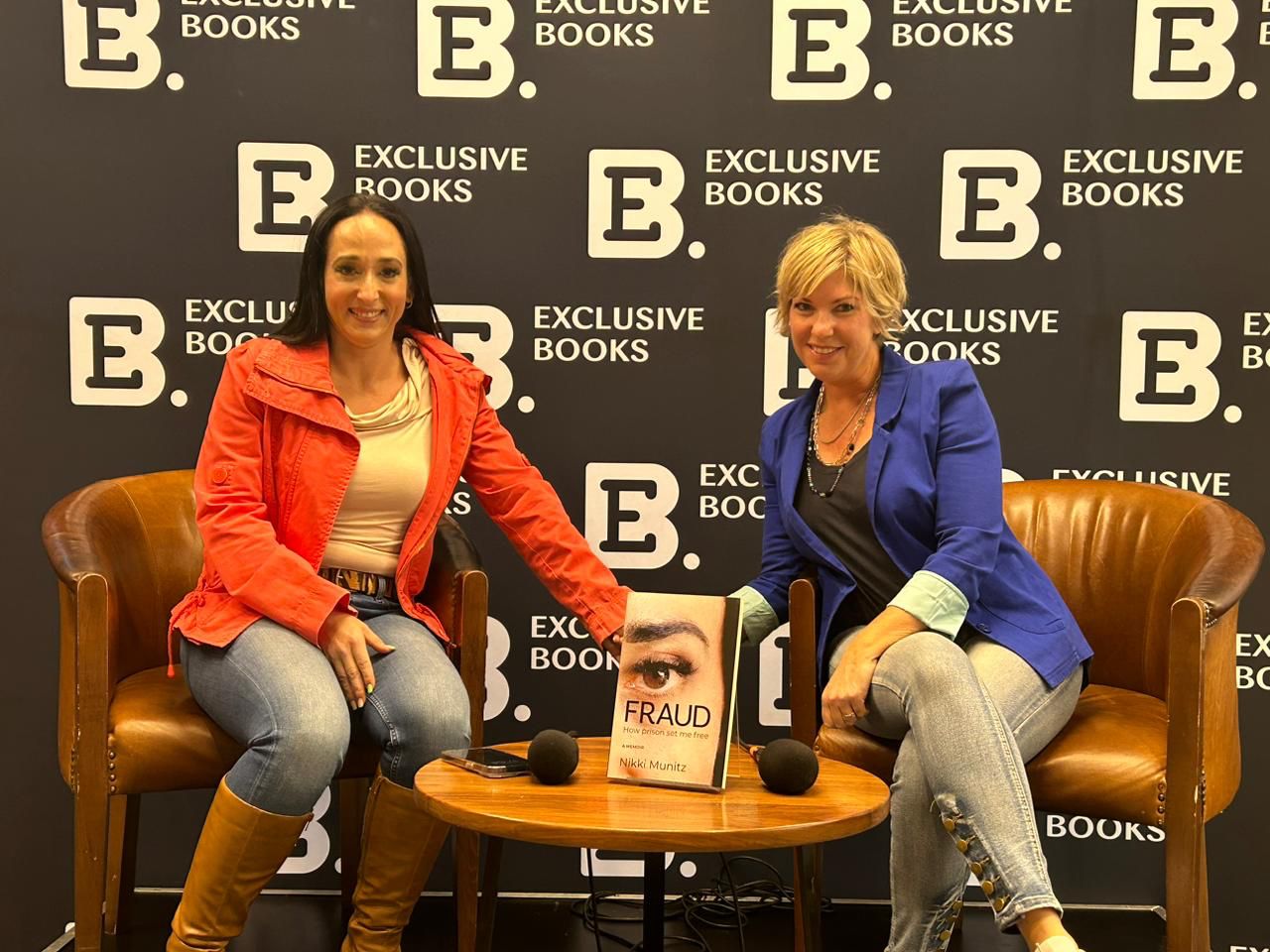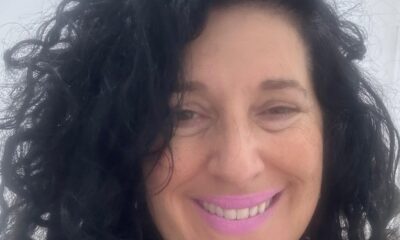
Featured Item

Addicted, imprisoned, inspired – Munitz memoir reveals all
Nikki Munitz has always known that her sometimes-harrowing story is one worth telling. Yet, with the recent release of her memoir, Fraud: How Prison Set Me Free, what was once a tale mired in darkness is now one about finding the light.
Written by Elka Schaimberg in collaboration with author and publisher Melinda Ferguson, the memoir, released this month, details Munitz’s drug addiction, hellish rehabilitation experience, abusive marriage, and ultimate journey to freedom through being imprisoned for fraud. Today an expert in self-esteem development and addiction and happily remarried, Munitz confronts her shocking past to show others how by simply learning to love oneself, one can overcome the most traumatic circumstances.
“I’d first asked Elka to write my story 18 years ago when I was pregnant with my daughter,” Munitz says. “The story was still so dark back then. It wasn’t the right time, but I knew Elka was the only one who could truly harness the emotional truth of my story and capture the power of my transformation to share with the rest of the world.”
Though they had a strong friendship, Schaimberg was initially hesitant. “I knew that to fully immerse myself in the writing process I had to become her, which wasn’t exactly easy,” she says. Both enrolled in an online writing course conducted by Ferguson through which the book eventually came to fruition.
“Melinda and the other course writers were riveted by Nikki’s story,” Schaimberg says. Munitz openly shared her experiences and Ferguson encouraged her friend to write it, and so the two signed a contract with Melinda Ferguson Books, an imprint of NB Publishers.
Knowing Munitz so well made the intense, five-month writing process a little less daunting, says Schaimberg. “When we sat down to get into the real meat of the story, like what it was like in prison, it was easier to develop the emotions around it.”
Munitz handed over her prison diary, which was a treasure for Schaimberg. “It was like a relic of the past, so to bring it into the now was magical. I could touch, I could feel, I could smell, I was her. Because Nikki trusted me so completely, I was able to metabolise her story as my own.”
When Munitz finally read the completed book, she had to relive the traumatic events of her dark past. “I had a really difficult time during the editing process,” she says. “I didn’t realise it, but I was binging on junk food. Normally I record videos for social media, but I couldn’t do it. I realised that I was back in that space, but at least this time, I had the tools I needed to get through it.”
In fact, says Munitz, she’s largely desensitised to the difficult times she’s experienced. “I’m so removed from it because my life is completely the opposite now. It’s all about light and bringing other people into the light. That was the message that I wanted to get across in the book, that no-one has to live in that darkness.”
Ultimately, changing your life and developing your self-esteem is much simpler than you’d think, she says. “You don’t have to be in prison to be imprisoned,” she says. “Yes, I had the physical imprisonment, but I was freer in prison than I was in my life because my head was the most toxic prison in the world.”
It was through a self-esteem course in prison that Munitz was first exposed to the work of her mentor, Celia Coburn, the founder of Building Self-Esteem, which offers a simple self-esteem toolkit.
Coburn ultimately helped Munitz to find her purpose, and she and Schaimberg hope to reveal the path she took to readers. “The intention of this book is to enable you to look at yourself, to love yourself, and to stand in a place of empowerment where your fears dissipate and you’re able to live a life of meaning and purpose,” Schaimberg says. “Amid all the fluff around you – the cars, the houses, all the things that society elevates, the most important thing is to be able to look in the mirror and go, ‘I like you enough to want to get to know you better.’”
Though Munitz feels like her life thus far has been an open book mostly because of the public nature of her court case, she disclosed long-held secrets in her memoir. “During the memoir writing course, Melinda encouraged us to write as if everyone you know is dead, which was really helpful. I’m no longer beholden to other peoples’ opinions of me, which ruled my life for so long.”
Munitz’s children, now 16 and 18, are immensely proud of their mom. “They know the majority of the story, but haven’t read the book yet. It details my ‘mask of motherhood’ when they were younger, which may be hurtful for them to read. At the time, I used them to try and feel better, and it did the opposite – it made me feel more inadequate and useless. I think a lot of moms could probably relate to that even though they would never say it out loud. My relationship with my children today and our evolution as a family is something I’m proud of. My husband has also been an incredible support and anchor throughout my journey.”
In prison, stripped of her identity and reduced to a number, Munitz found that Judaism kept her grounded. Lighting Shabbat candles each Friday night, having a seder for one, and regularly meeting with prison chaplain Rabbi Michael Katz, who was allowed to see her outside of the five visits she was allocated each month, became important lifelines.
Munitz also references Rabbi Mordechai Rodal in the book, who played a significant role in her life by never judging her but rather supporting her and her family and welcoming them into the community.
“My journey in Judaism was completely anti, then completely immersed, and now I’ve found a middle ground that works for me. It’s about roots, about being spiritual and mindful of the kind of humans we want to be,” she says.










